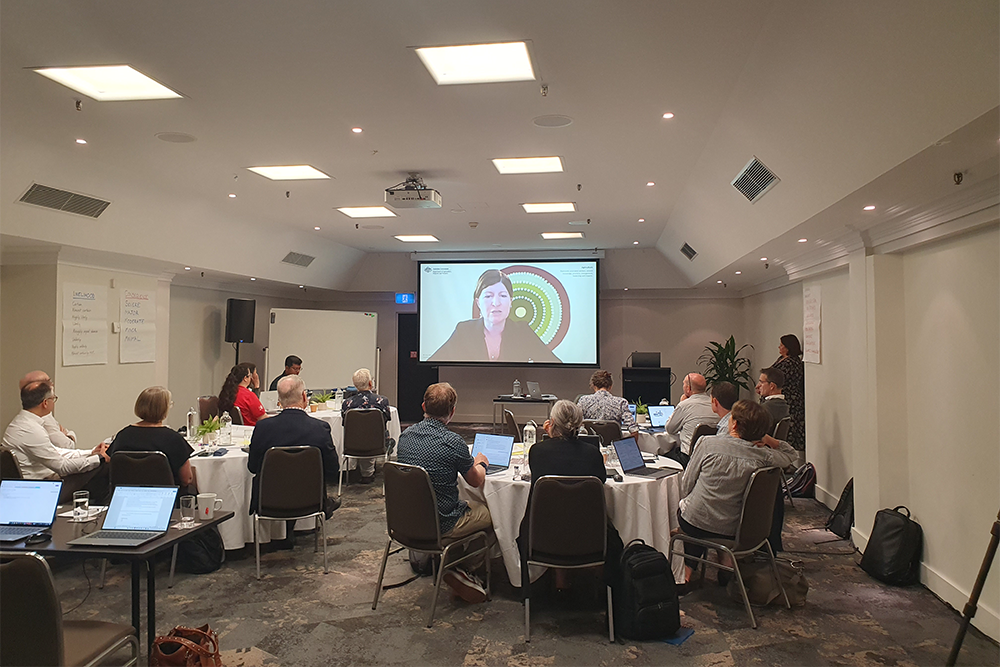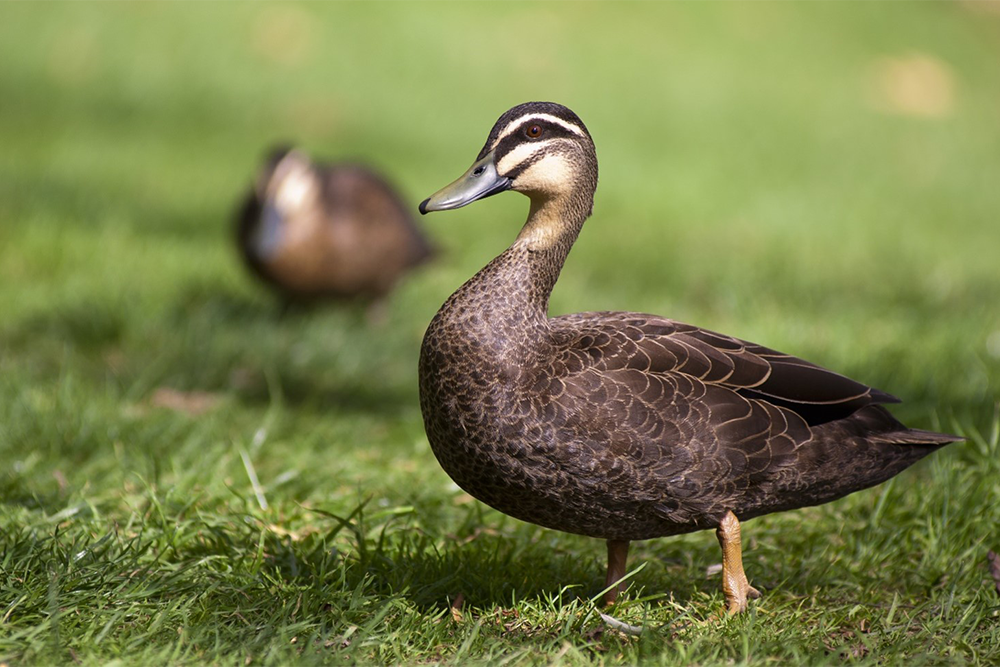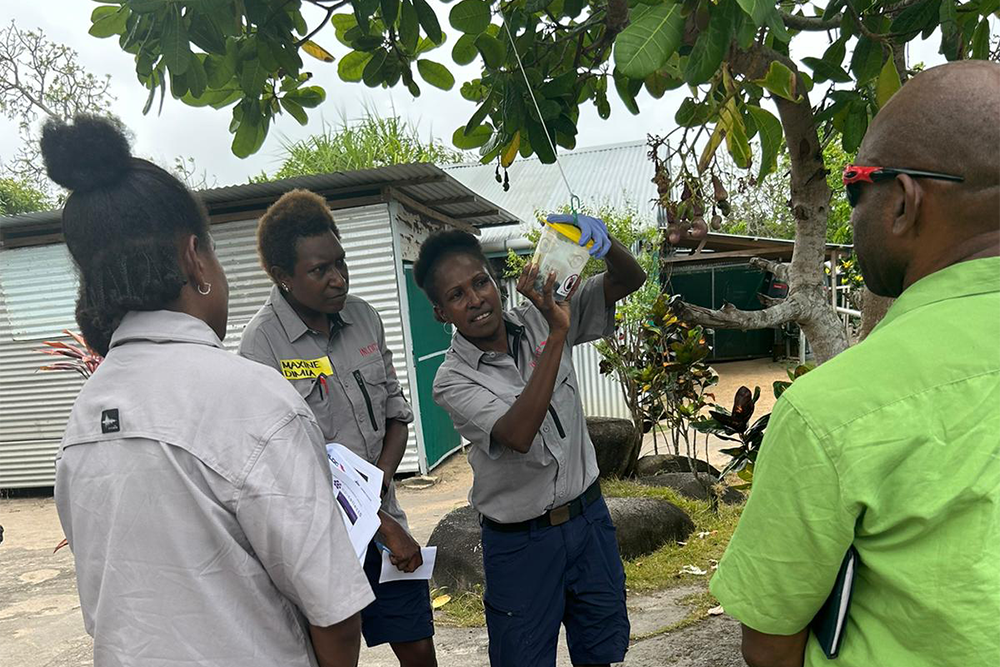September 28 will mark the 18th annual World Rabies Day, which is an opportunity to raise awareness and advocate for actions to support the elimination of the disease worldwide.
The theme for this year is ‘Breaking Rabies Boundaries’, chosen to highlight the ‘need to go beyond the norm and to break through the boundaries that prevent us from achieving rabies elimination by 2030’1.
The Australian Government is playing its part in eliminating this terrible disease, partnering with the Timor-Leste Ministry of Agriculture, Livestock Fisheries and Forestry to assist with their current outbreak of dog-mediated rabies.
Australia is free from dog-mediated rabies. However, rabies is present in parts of Indonesia, including in West Timor. In March 2024, the Timor-Leste Government reported its first confirmed fatal human case of rabies to the World Health Organization. The first confirmed case of dog-mediated rabies in Timor-Leste was also reported to the World Organisation for Animal Health in March 2024, and additional dog cases have since been detected.
Australia’s Chief Veterinary Officer, Dr Beth Cookson, said the Department of Agriculture, Fisheries and Forestry was committed to helping our neighbouring countries to improve rabies control by supporting surveillance, dog vaccination and community education activities.
“Without appropriate post-exposure treatment rabies is invariably fatal to mammals, including humans,” Dr Cookson said.
“Ninety-nine percent of rabies cases in humans are due to bites from infected dogs. Approximately 40% of deaths occur in children.”
“Mass vaccination of dogs is the most cost-effective and practical way of reducing the impact of rabies on animals and people.”
“Collaborating with Timor-Leste not only supports our neighbour to control dog rabies and protect communities, but also helps keep Australia free of the disease.”
“This work will help achieve the ‘Zero by 30’ strategy, which is a collective goal of the World Health Organization, the Food and Agriculture Organization of the United Nations and the World Organisation for Animal Health to end human deaths from dog-mediated rabies by 2030.”
Since a first round of the vaccination campaign commenced January 2024, over 40,000 dogs have been vaccinated against rabies across four high-risk Municipalities of Timor-Leste.
The Department of Agriculture, Fisheries and Forestry and the Department of Foreign Affairs and Trade have also provided training, equipment, technical assistance and funding to complement the donation of 200,000 animal rabies vaccines to support the Timor-Leste government’s rabies vaccination, surveillance, diagnostic testing, and enhanced rabies awareness activities.
Find out more at:
Global Alliance for Rabies Control (rabiesalliance.org)
Protecting Australia from rabies - DAFF (agriculture.gov.au)
Rabies & One Health: From basics to cross-sectoral action to stop (openwho.org)
World Rabies Day 2024 (who.int)
World Rabies Day 2024: Breaking Rabies Boundaries - WOAH
Zero by 30: the global strategic plan to end human deaths from dog-mediated rabies by 2030 (who.int)
1World Rabies Day | Global Alliance for Rabies Control (rabiesalliance.org)



